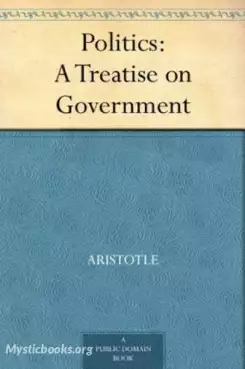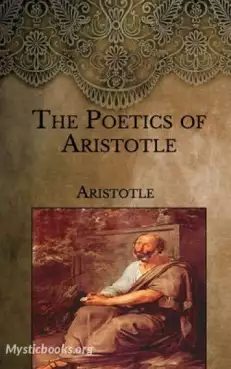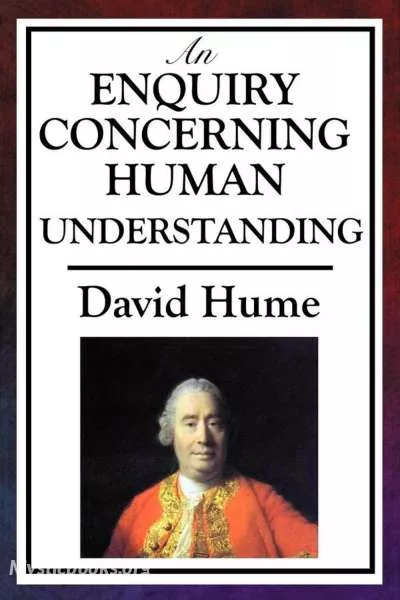
An Enquiry Concerning Human Understanding
by David Hume
'An Enquiry Concerning Human Understanding' Summary
In the first section of the Enquiry, Hume provides a rough introduction to philosophy as a whole. For Hume, philosophy can be split into two general parts: natural philosophy and the philosophy of human nature (or, as he calls it, "moral philosophy"). The latter investigates both actions and thoughts. He emphasizes in this section, by way of warning, that philosophers with nuanced thoughts will likely be cast aside in favor of those whose conclusions more intuitively match popular opinion. However, he insists, precision helps art and craft of all kinds, including the craft of philosophy.
Next, Hume discusses the distinction between impressions and ideas. By "impressions", he means sensations, while by "ideas", he means memories and imaginings. According to Hume, the difference between the two is that ideas are less vivacious than impressions. For example, the idea of the taste of an orange is far inferior to the impression (or sensation) of actually eating one. Writing within the tradition of empiricism, he argues that impressions are the source of all ideas.
Hume accepts that ideas may be either the product of mere sensation or of the imagination working in conjunction with sensation. According to Hume, the creative faculty makes use of (at least) four mental operations that produce imaginings out of sense-impressions. These operations are compounding (or the addition of one idea onto another, such as a horn on a horse to create a unicorn); transposing (or the substitution of one part of a thing with the part from another, such as with the body of a man upon a horse to make a centaur); augmenting (as with the case of a giant, whose size has been augmented); and diminishing (as with Lilliputians, whose size has been diminished). (Hume 1974:317) In a later chapter, he also mentions the operations of mixing, separating, and dividing. (Hume 1974:340)
However, Hume admits that there is one objection to his account: the problem of "The Missing Shade of Blue". In this thought-experiment, he asks us to imagine a man who has experienced every shade of blue except for one (see Fig. 1). He predicts that this man will be able to divine the color of this particular shade of blue, despite the fact that he has never experienced it. This seems to pose a serious problem for the empirical account, though Hume brushes it aside as an exceptional case by stating that one may experience a novel idea that itself is derived from combinations of previous impressions. (Hume 1974:319)
Book Details
Language
EnglishOriginal Language
EnglishPublished In
1748Authors
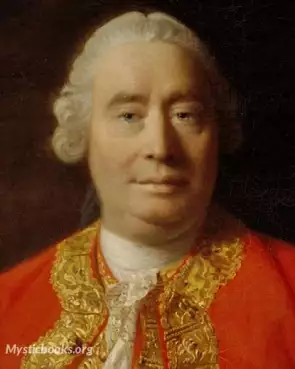
David Hume
Scotland
David Hume was a Scottish Enlightenment philosopher, historian, economist, librarian and essayist, who is best known today for his highly influential system of philosophical empiricism, scepticism, an...
Books by David HumeDownload eBooks
Listen/Download Audiobook
- Select Speed
Related books
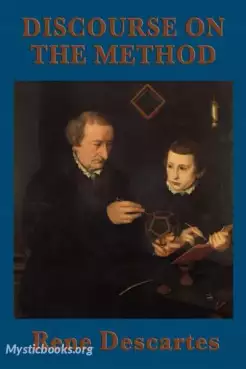
Discourse on the Method of Rightly Conducting One's Reason and of Seeking Truth in the Sciences by René Descartes
Discourse on the Method of Rightly Conducting One's Reason and of Seeking Truth in the Sciences is a philosophical and autobiographical treatise publi...

On Christian Doctrine by Saint Augustine of Hippo
De doctrina Christiana, a theological text written by Augustine of Hippo. It consists of four books that describe how to interpret and teach the Scrip...
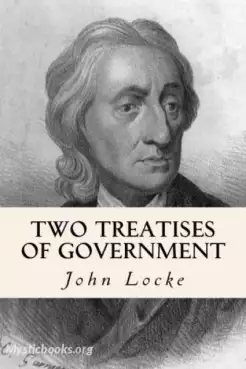
Two Treatises of Civil Government by John Locke
Two Treatises of Government is a work of political philosophy published anonymously in 1689 by John Locke. The First Treatise attacks patriarchalism i...
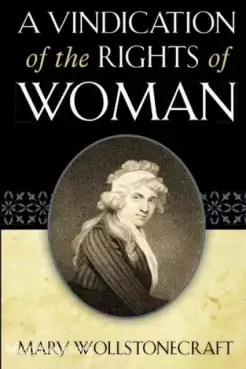
A Vindication of the Rights of Woman by Mary Wollstonecraft
A Vindication of the Rights of Woman: with Strictures on Political and Moral Subjects (1792), written by the 18th-century British proto-feminist Mary...
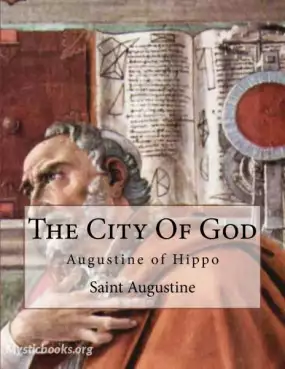
The City of God, Volume 2 by Saint Augustine of Hippo
On the city of God against the pagans, often called The City of God, is a book of Christian philosophy written in Latin by Augustine of Hippo in the e...
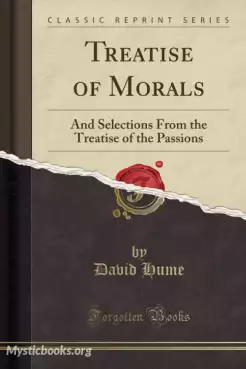
A Treatise Of Human Nature, Volume 2 by David Hume
The Treatise is a classic statement of philosophical empiricism, scepticism, and naturalism. In the introduction Hume presents the idea of placing all...
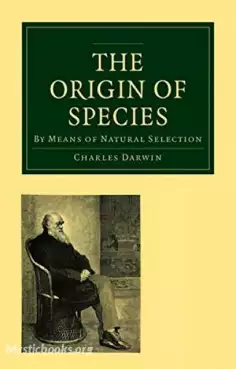
On the Origin of Species by Means of Natural Selection by Charles Darwin
Considered to be one of the books that changed the world and how we view ourselves, On The Origin of Species by Charles Darwin was met with incredulou...
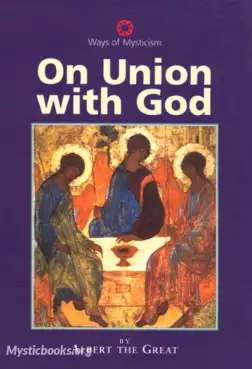
On Union with God by Blessed Albert the Great
How to rid yourself of troubling thoughts, concerns and outside distractions and learn to focus on acquiring a continual relationship with God inside...
Reviews for An Enquiry Concerning Human Understanding
No reviews posted or approved, yet...
